
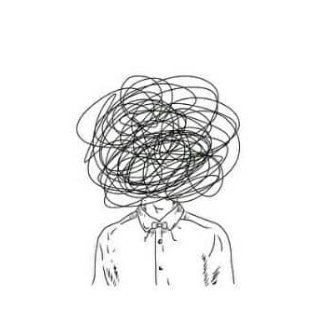
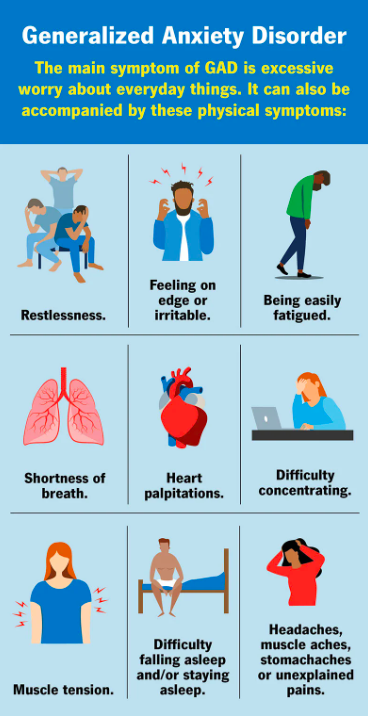
Anxiety is a normal human emotion that everyone experiences from time to time. It is a feeling of unease, fear, or apprehension in response to potential threats or stressful situations. However, when anxiety becomes excessive, uncontrollable, and begins to interfere with daily life, it may be classified as an anxiety disorder.
Mental symptoms of anxiety can include:
- racing thoughts,
- uncontrollable over-thinking,
- difficulties concentrating,
- feelings of dread, panic or ‘impending doom’,
- feeling irritable,
- heightened alertness,
- problems with sleep,
- changes in appetite,
- wanting to escape from the situation you are in, and
- dissociation.
If you dissociate you might feel like you are not connected to your own body. Or like you are watching things happen around you, without feeling them.
Physical symptoms of anxiety can include:
- sweating,
- heavy and fast breathing,
- hot flushes or blushing,
- dry mouth,
- shaking,
- hair loss,
- fast heartbeat,
- extreme tiredness or lack of energy
- dizziness and fainting, and
- stomach aches and sickness.
ANXIETY
Anxiety disorders are a group of mental health conditions characterized by excessive and persistent worry, fear, or nervousness. They are among the most common mental health disorders and can significantly impact a person’s well-being and functioning. Here are some of the main types of anxiety disorders:
1. Generalized Anxiety Disorder (GAD): People with GAD experience excessive, chronic worry and anxiety about various aspects of life, such as work, health, family, and everyday situations. The worrying is often disproportionate to the actual threat, and it can be challenging to control.
2. Panic Disorder: Panic disorder involves recurrent, unexpected panic attacks, which are intense episodes of fear or discomfort that reach a peak within minutes. These panic attacks can be accompanied by physical symptoms like heart palpitations, sweating, trembling, and a feeling of impending doom.
3. Social Anxiety Disorder: Individuals with social anxiety disorder have an intense fear of social situations and interactions. They may be afraid of being embarrassed, judged, or humiliated by others, leading to avoidance of social gatherings and difficulty in forming relationships.
4. Specific Phobias: Specific phobias are intense and irrational fears of specific objects, animals, situations, or activities. Common phobias include fear of heights, flying, spiders, needles, and more.
5. Obsessive-Compulsive Disorder (OCD): OCD involves unwanted and intrusive thoughts, images, or impulses (obsessions) that lead to repetitive behaviors or mental acts (compulsions) as an attempt to alleviate the anxiety caused by these obsessions.
6. Post-Traumatic Stress Disorder (PTSD): PTSD develops after experiencing or witnessing a traumatic event, such as combat, assault, accidents, or natural disasters. People with PTSD may re-experience the trauma through flashbacks, nightmares, and intrusive thoughts.
7. Separation Anxiety Disorder: This type of anxiety disorder is most commonly observed in children and involves excessive distress when separated from attachment figures, such as parents or caregivers.
It’s essential to remember that anxiety disorders can be effectively treated with a combination of psychotherapy, medication, and lifestyle changes. If you or someone you know is struggling with anxiety symptoms, seeking help from a mental health professional can make a significant difference in managing and overcoming these challenges.
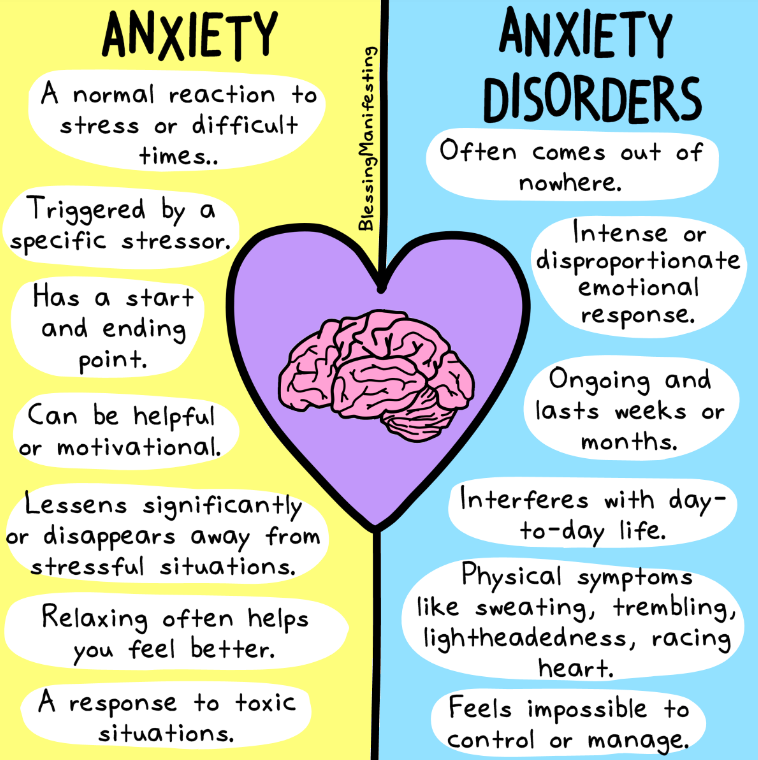
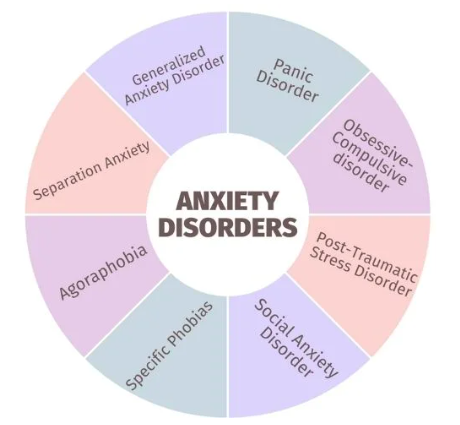
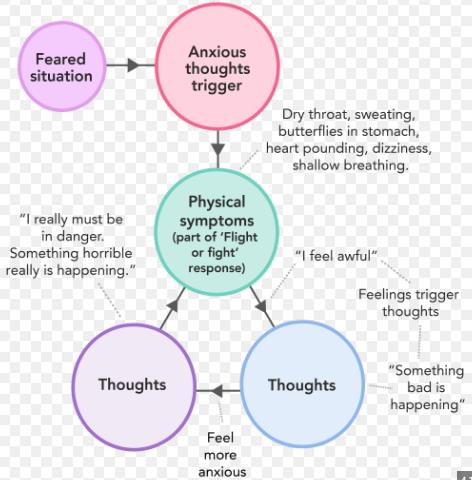
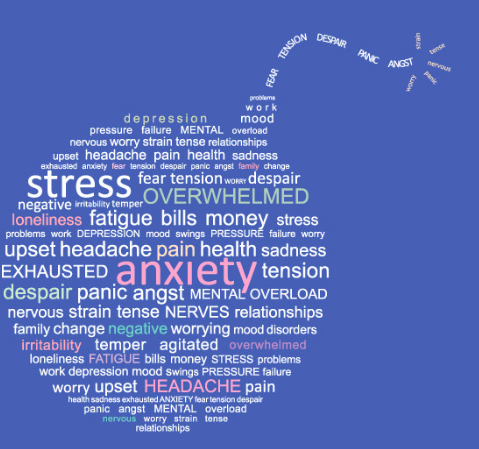
According to the DSM-V (Diagnostic and Statistical Manual of Mental Disorders, 5th Version) the diagnostic criteria for Anxiety is:
- The presence of excessive worry about a variety of topics, events, or activities. Worry occurs more often than not for at least six months and is clearly excessive.
- The worry is experienced as very challenging to control. The worry in both adults and children may easily shift from one topic to another.
- The anxiety and worry are accompanied by at least three of the following physical or cognitive symptoms:
- Edginess or restlessness
- Tiring easily; more fatigued than usual
- Impaired concentration or feeling as though the mind goes blank
- Irritability (which may or may not be observable to others)
- Increased muscle aches or soreness
- Difficulty sleeping (due to trouble falling asleep or staying asleep, restlessness at night, or unsatisfying sleep)
BOOK APPOINTMENT & INFO
Together we will find the way to help you
- Call us: 0451344805
- +61451344805
- [email protected]
- ps_constanza
- 410/251 Oxford Street, Bondi Junction, 2022
